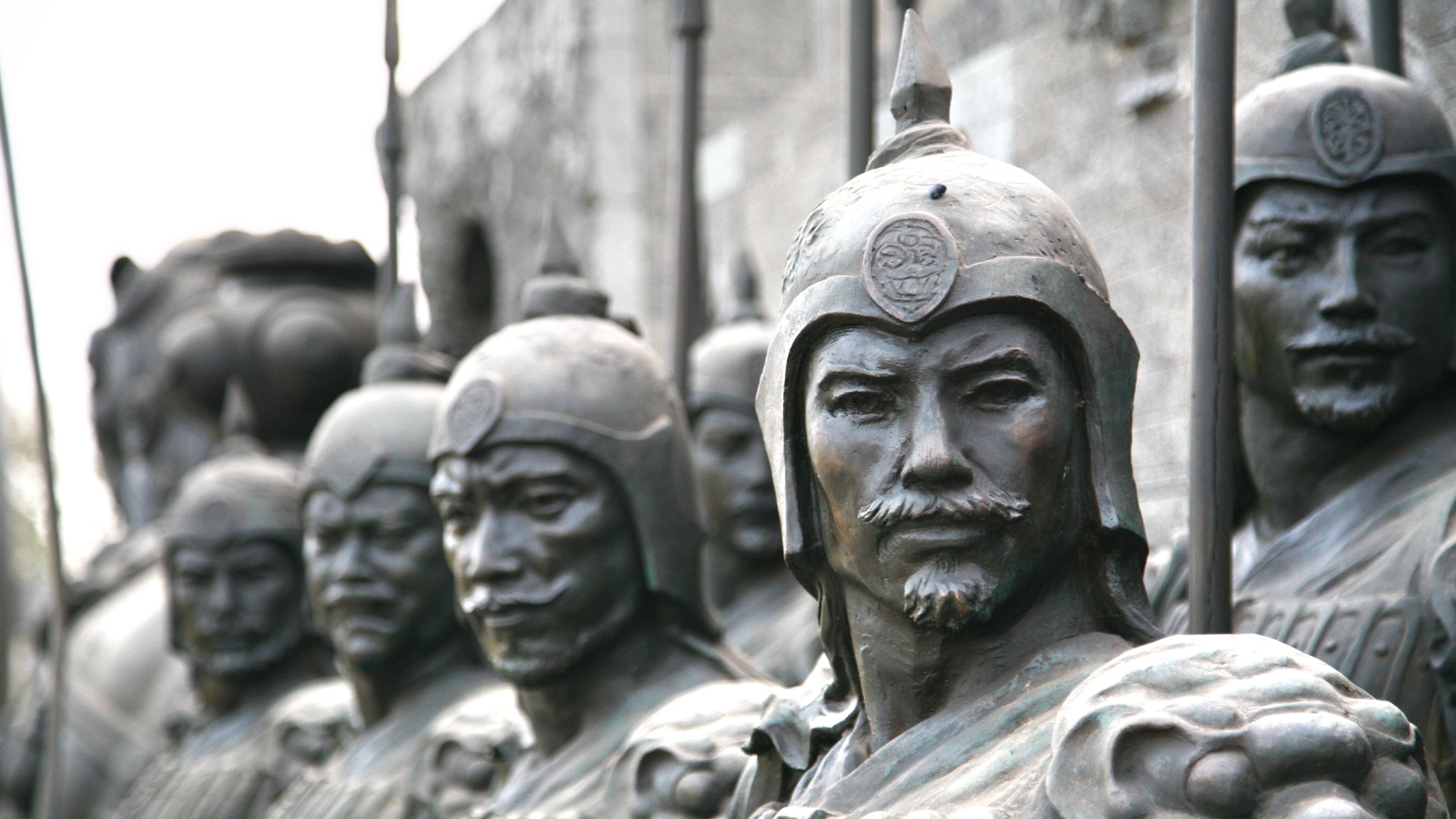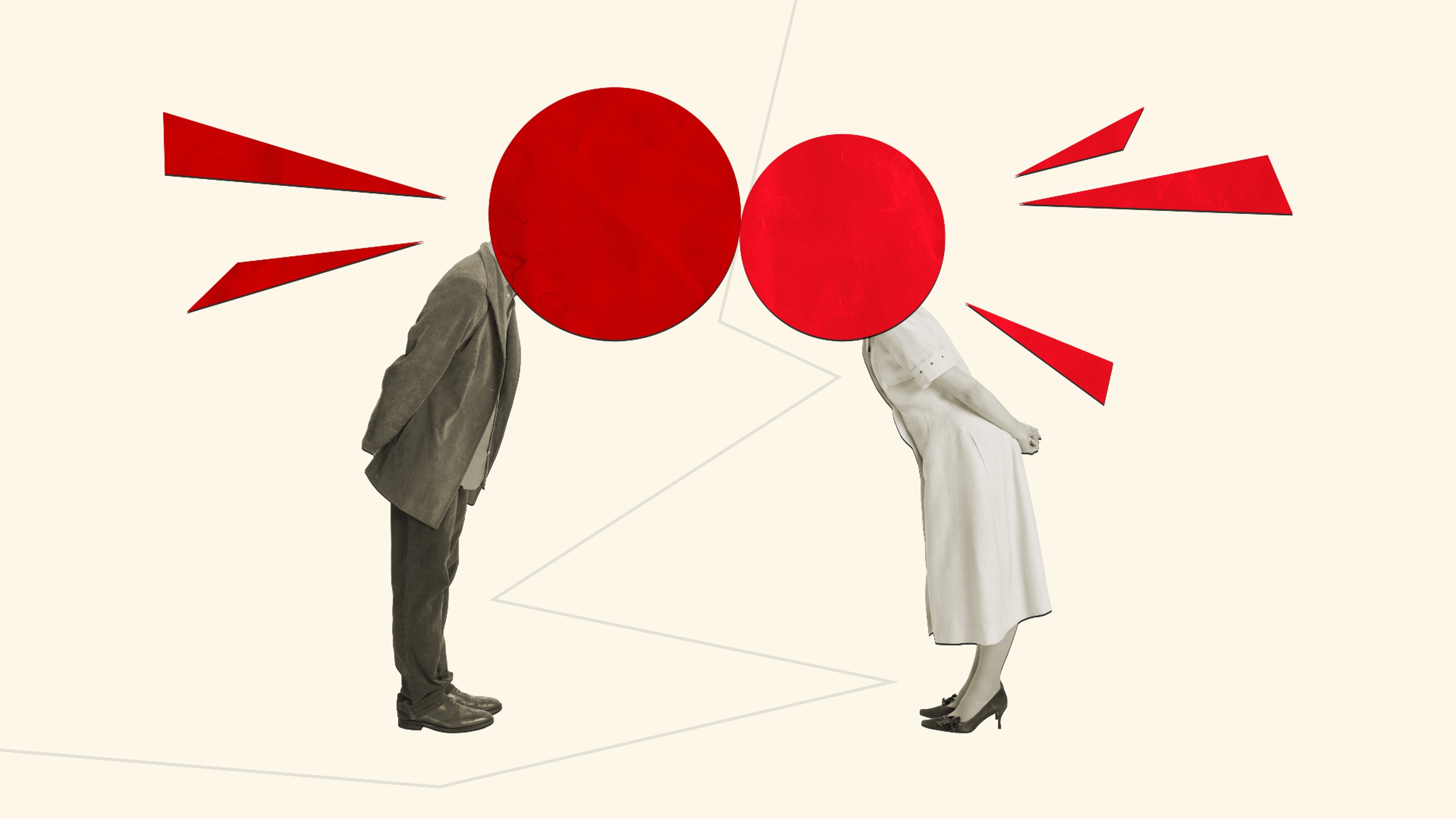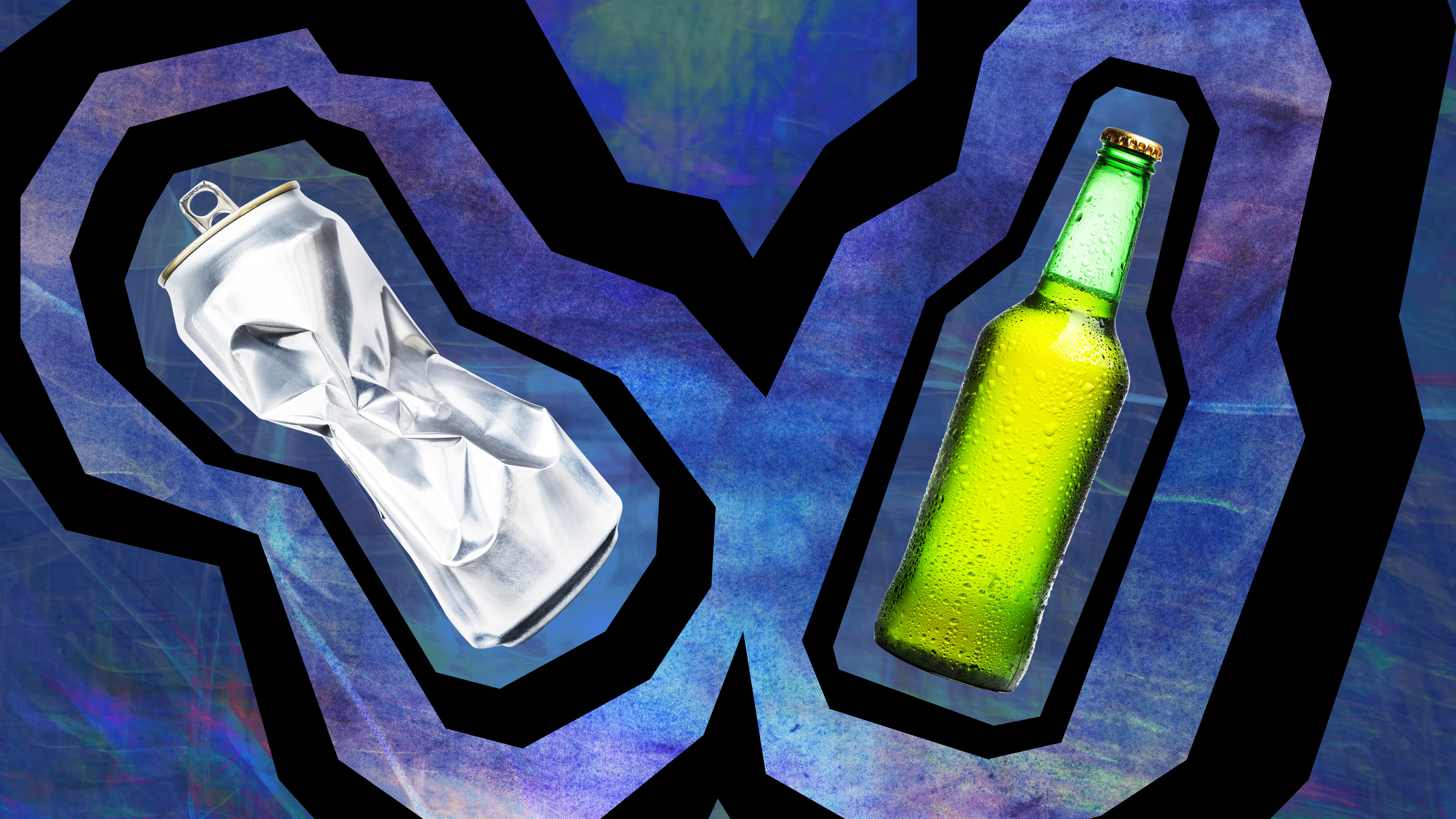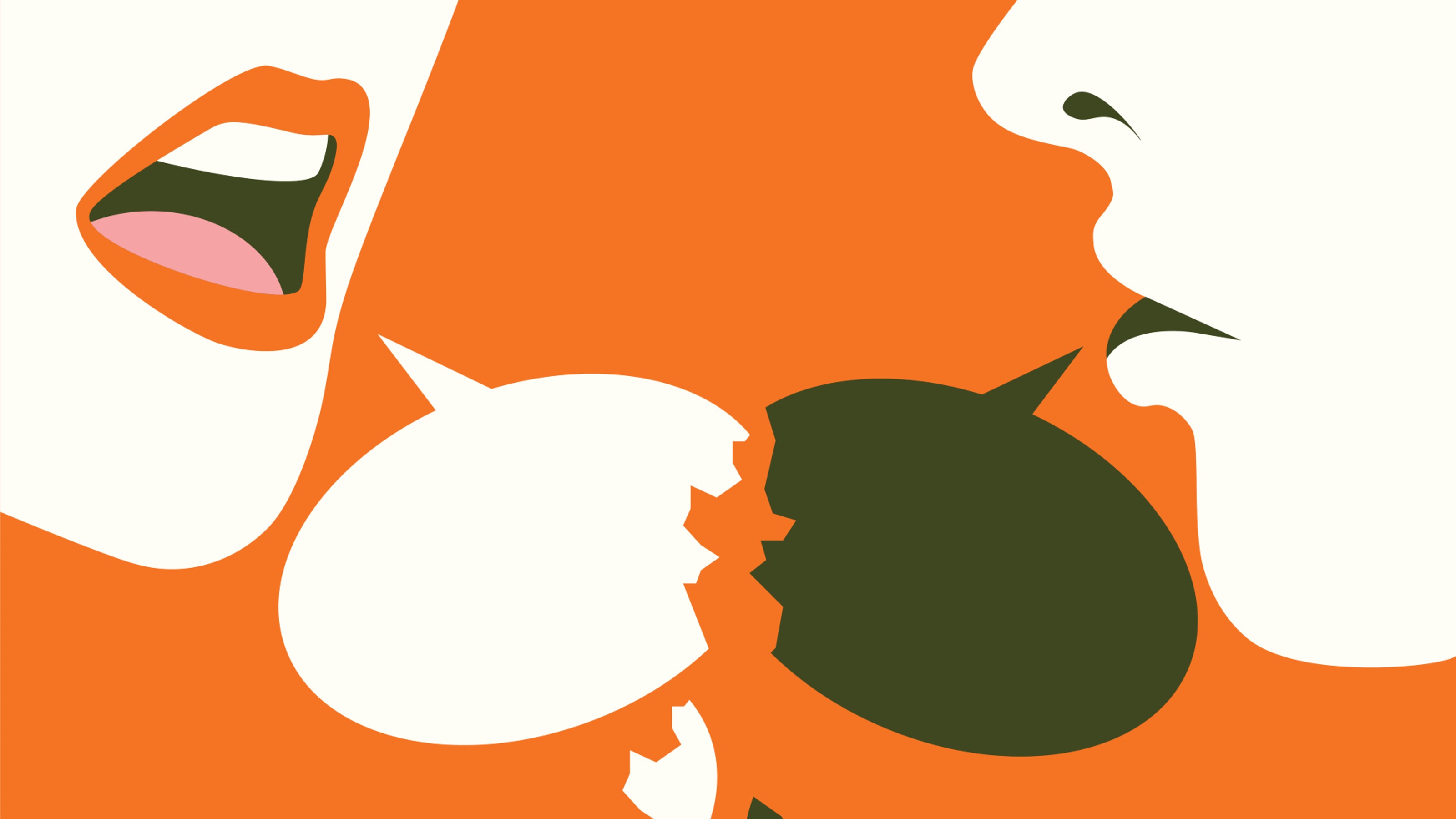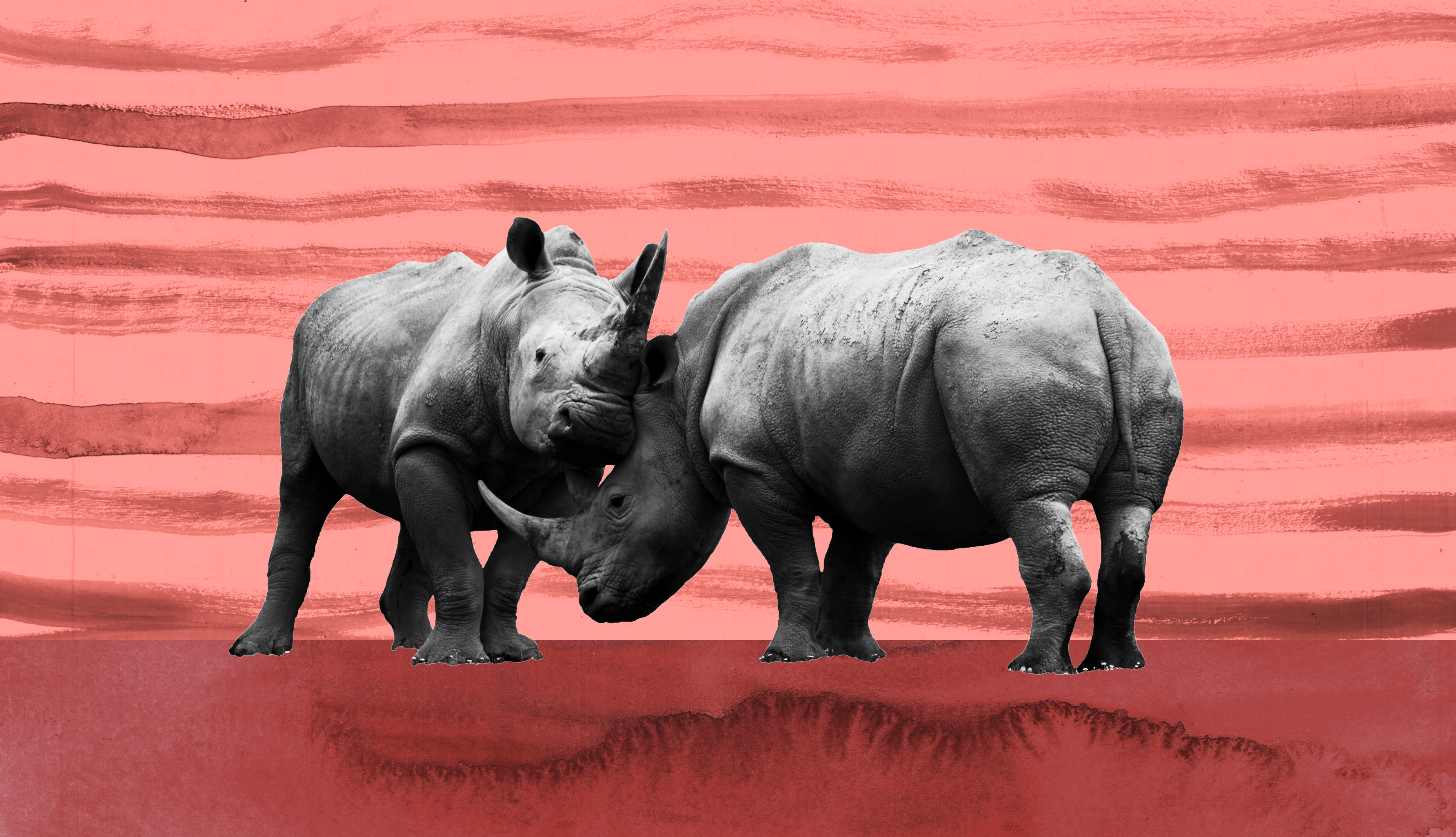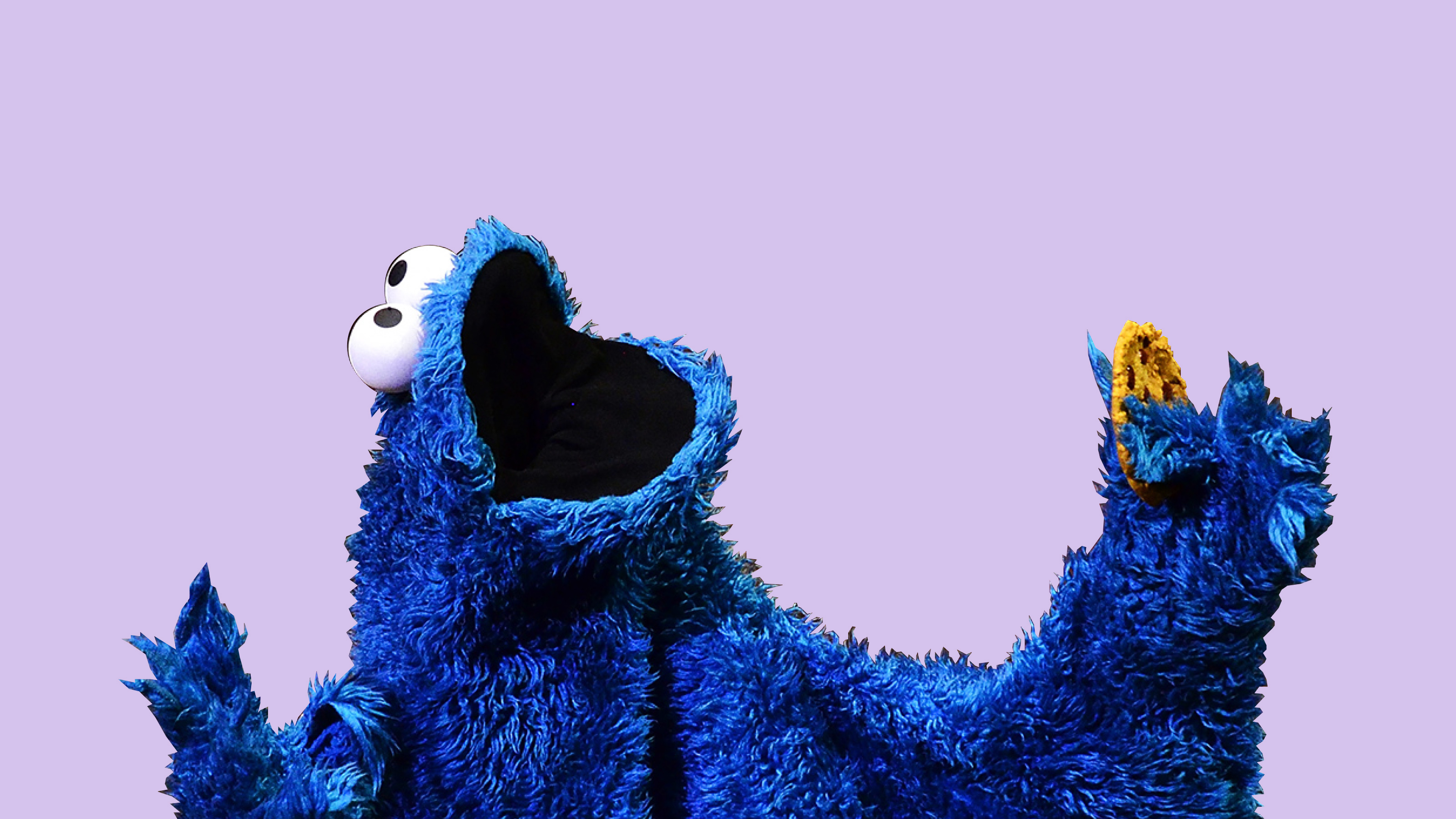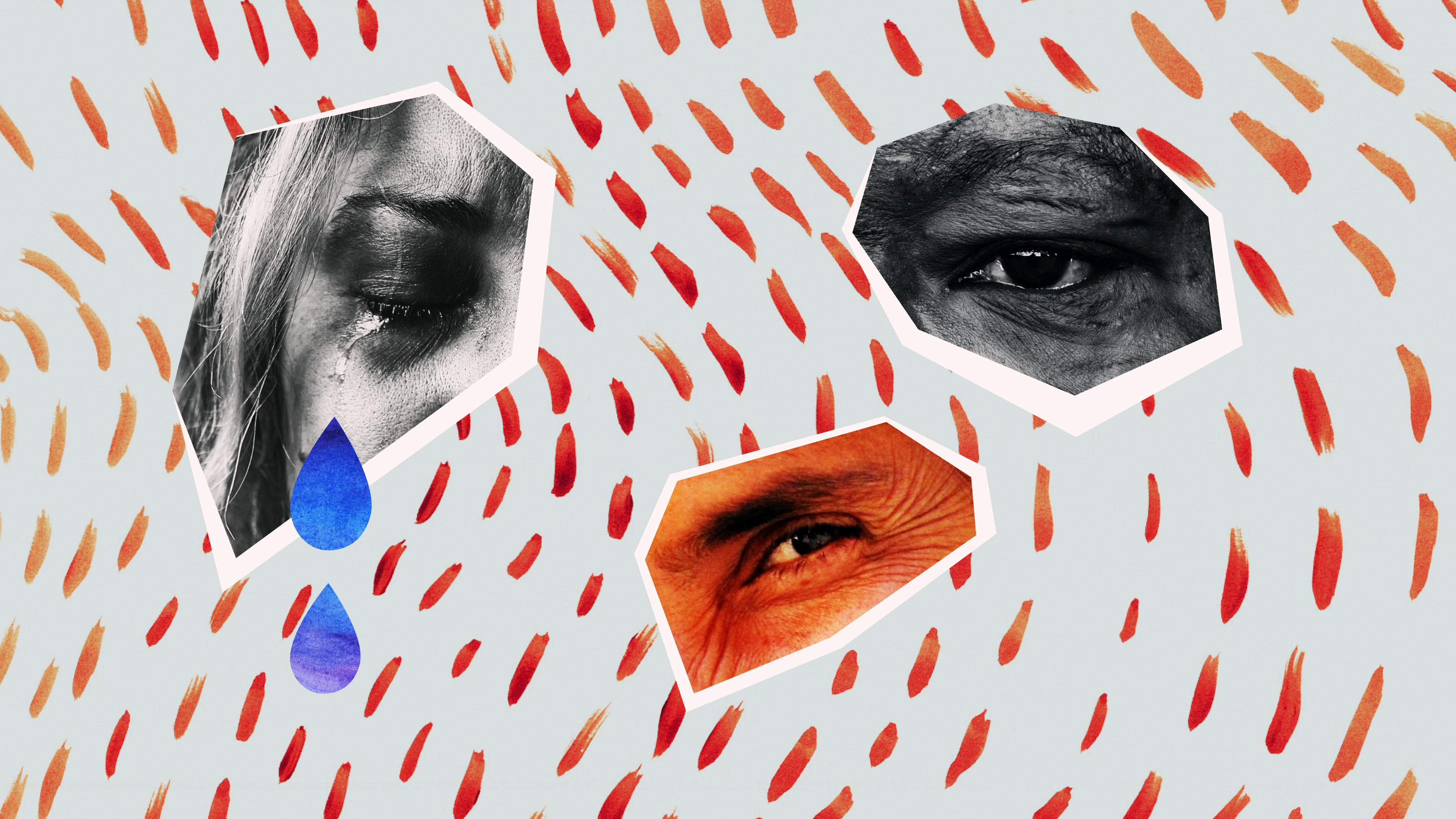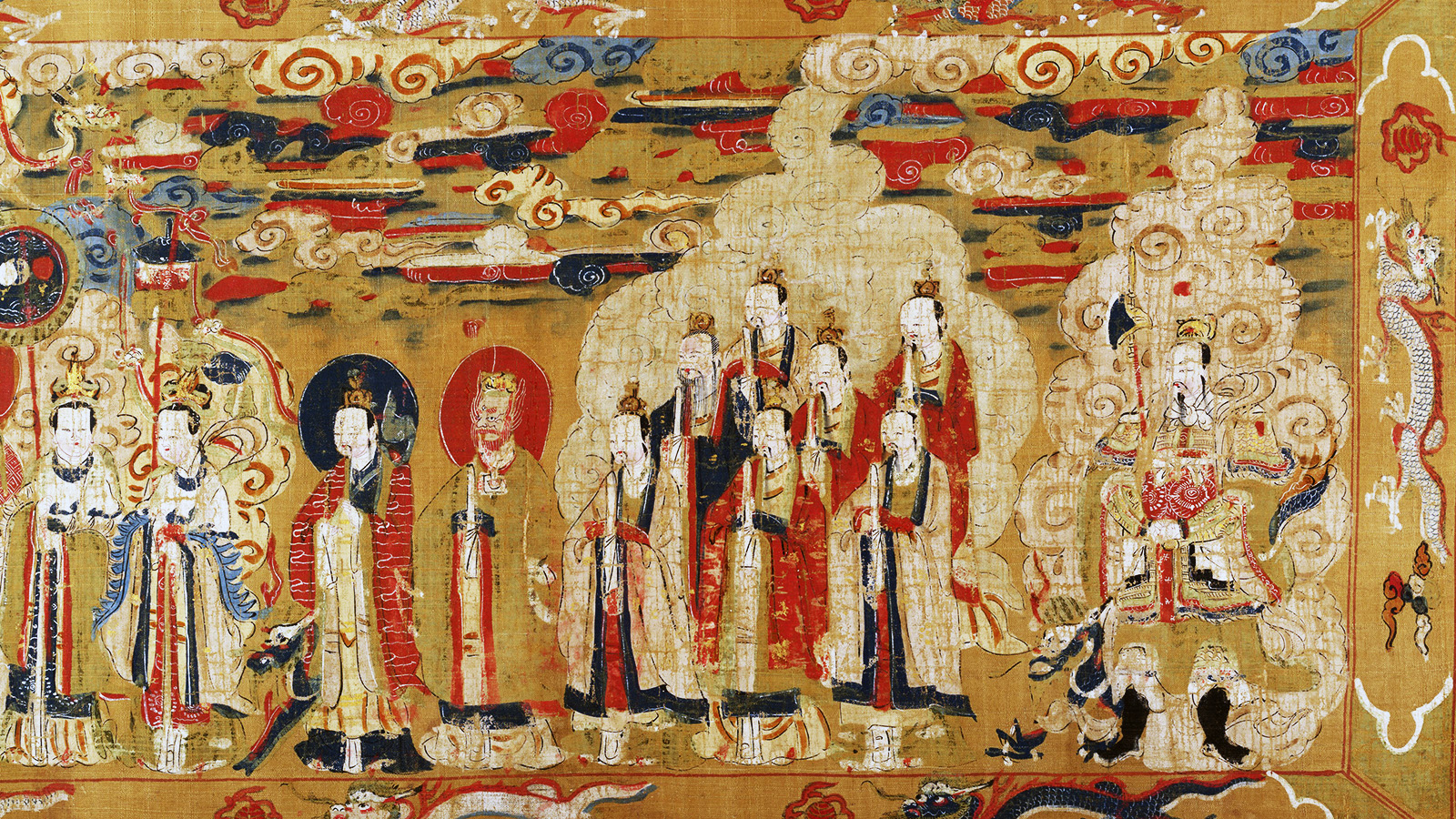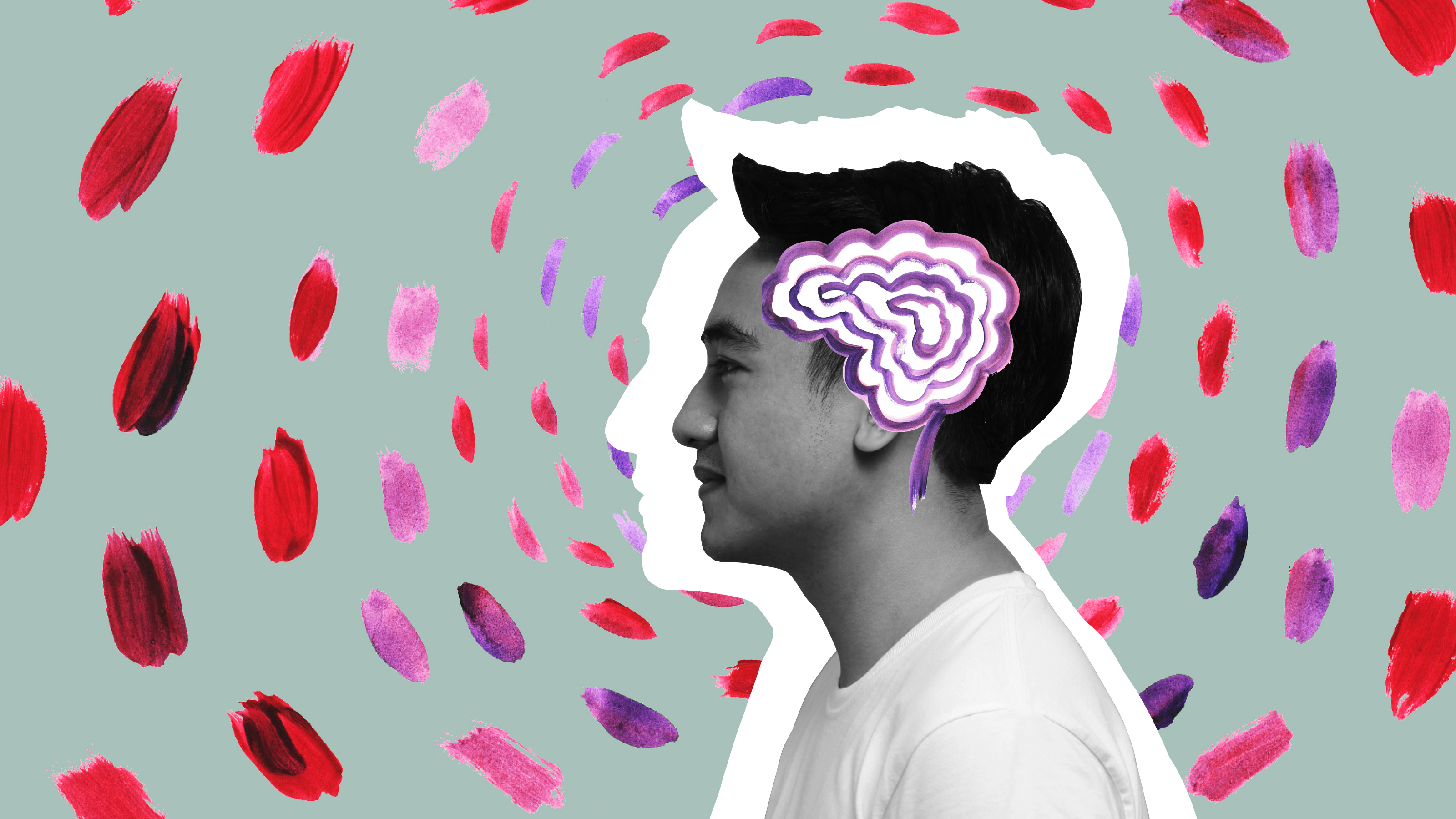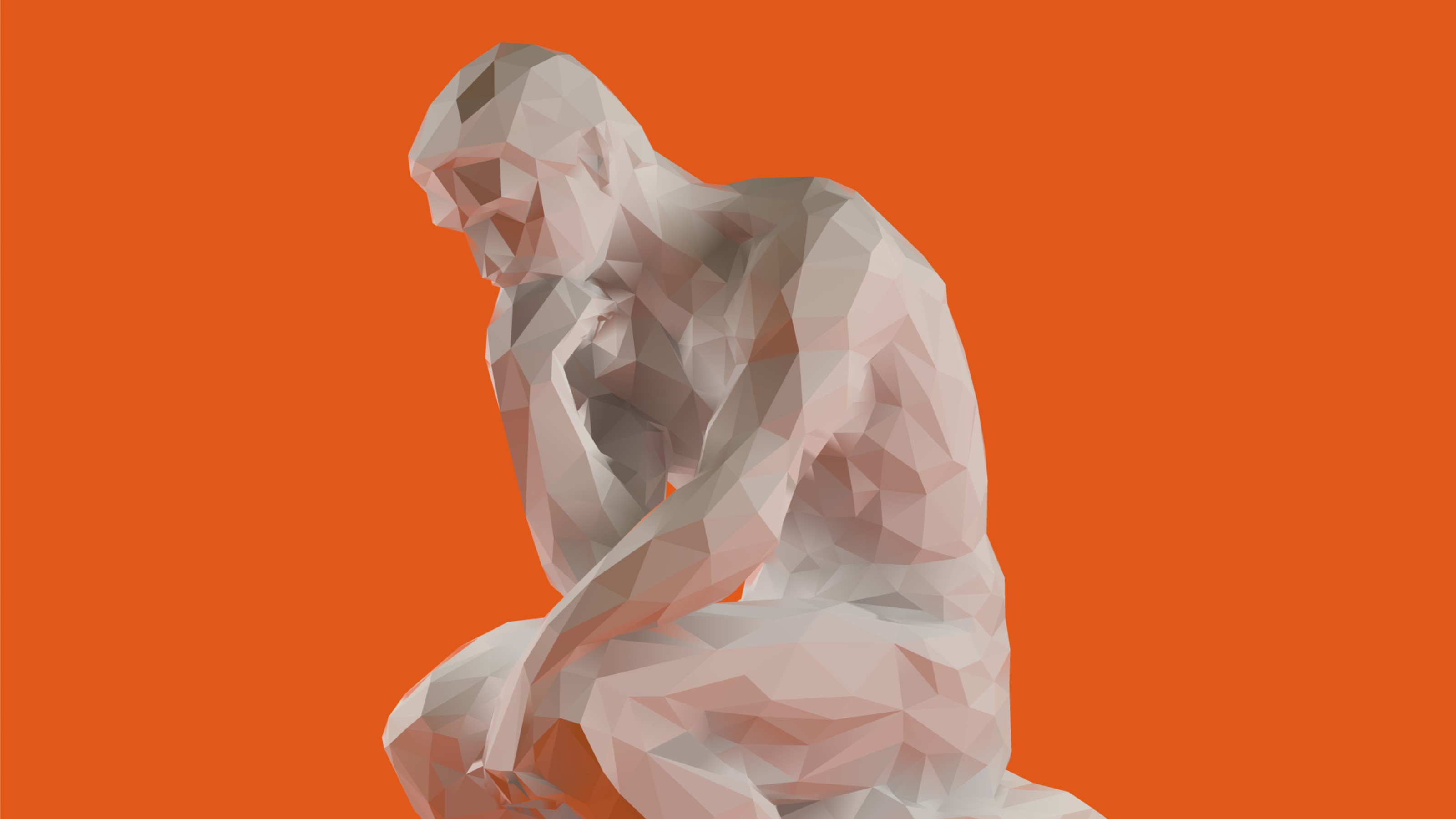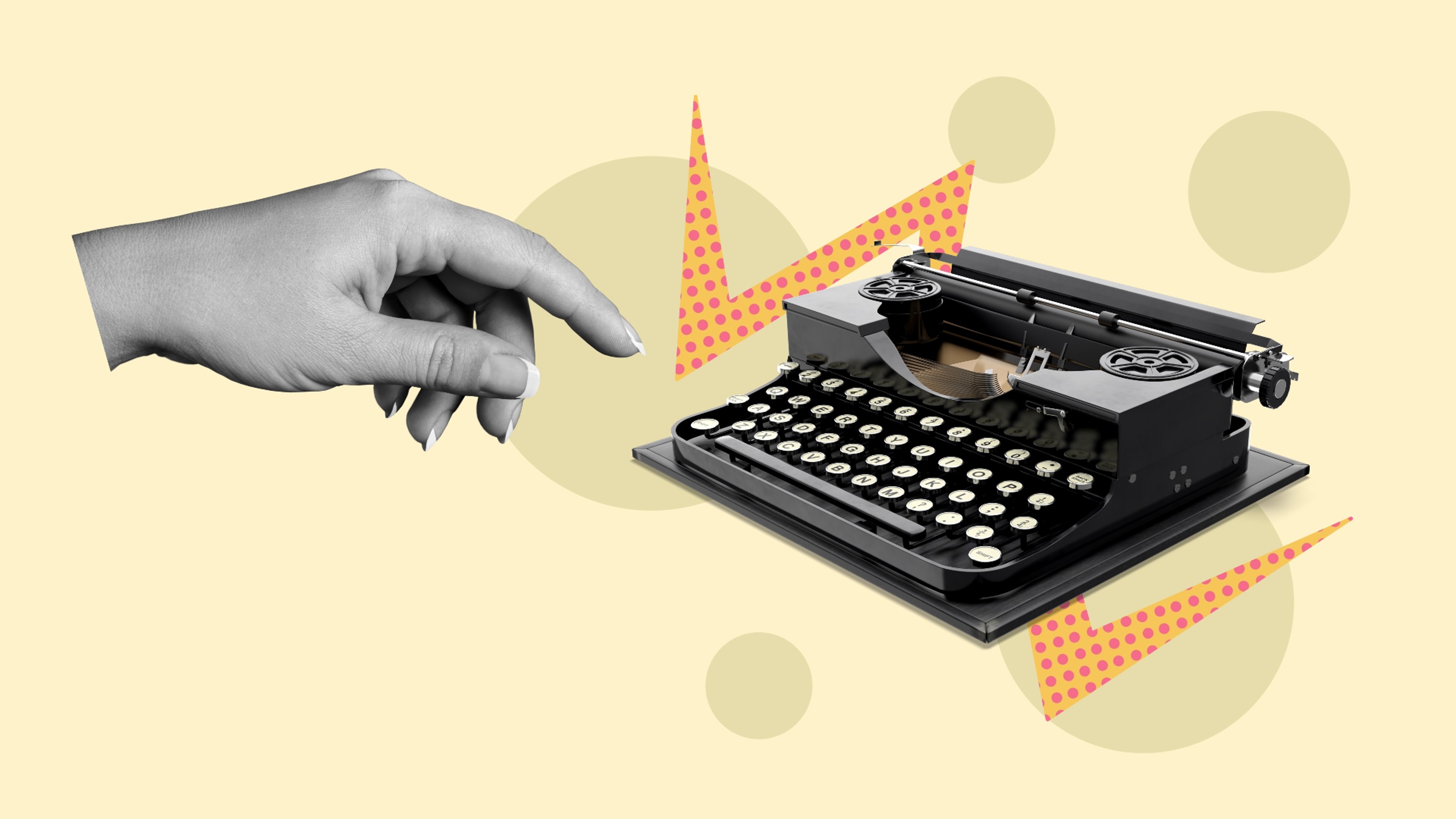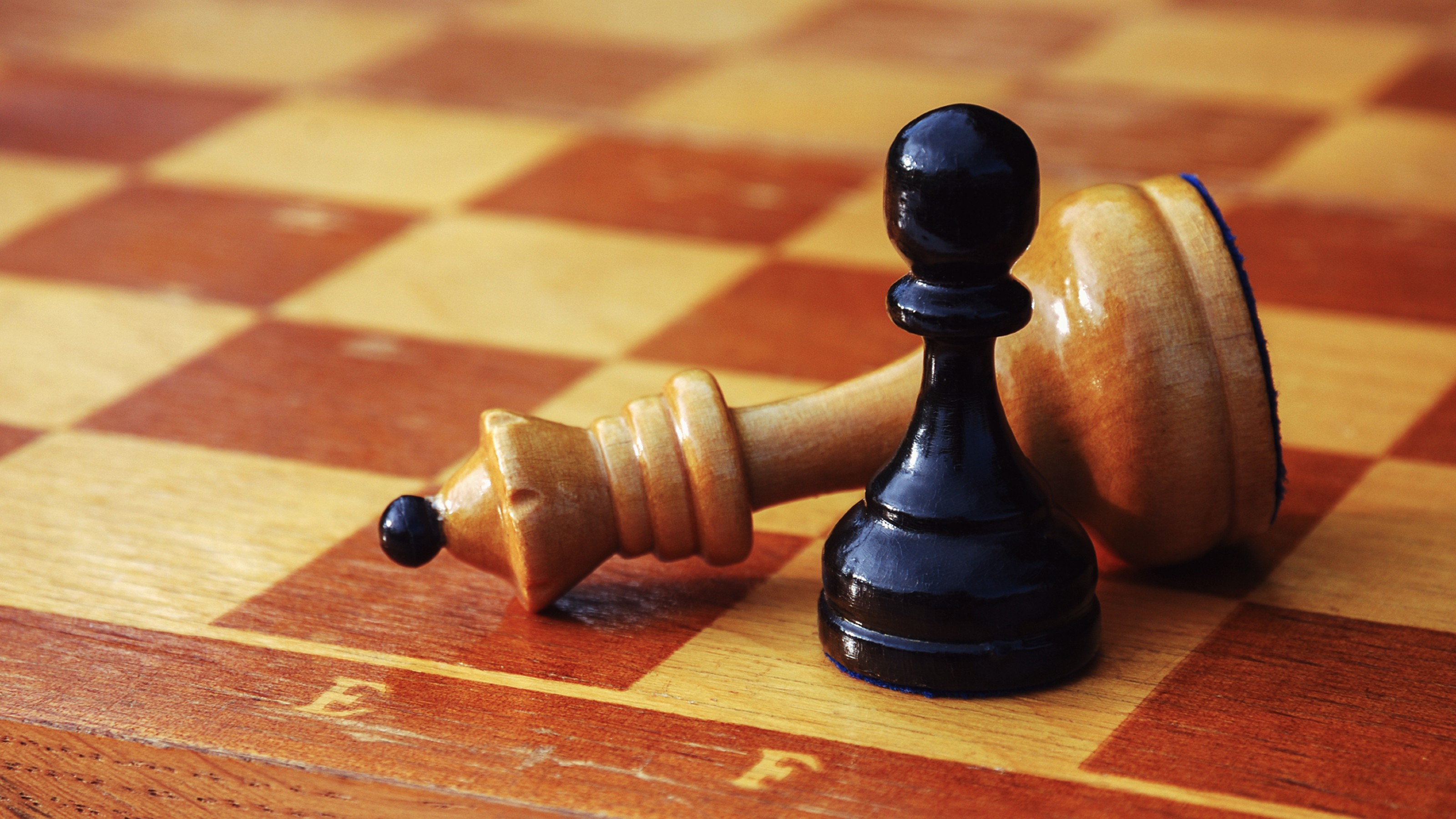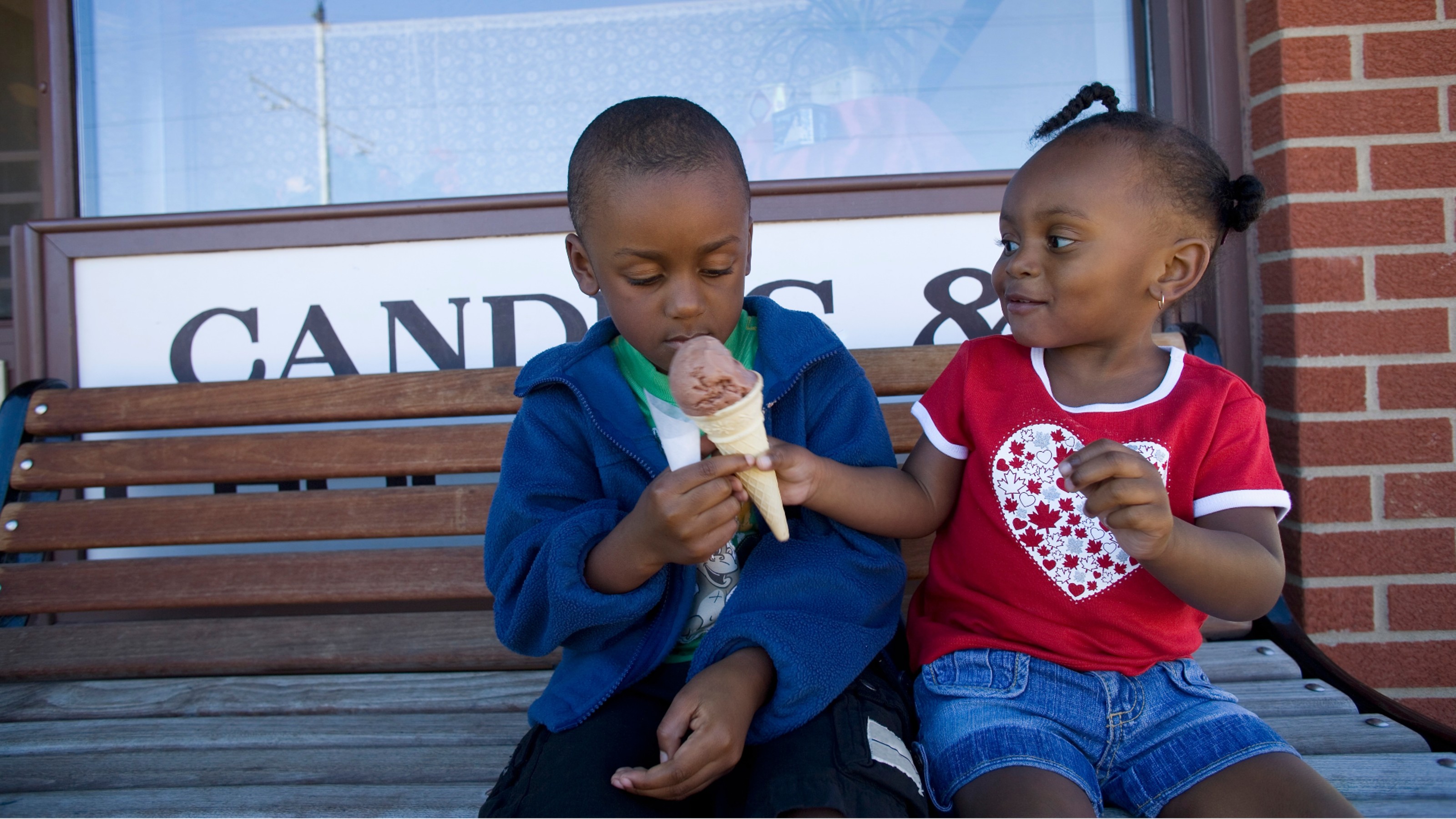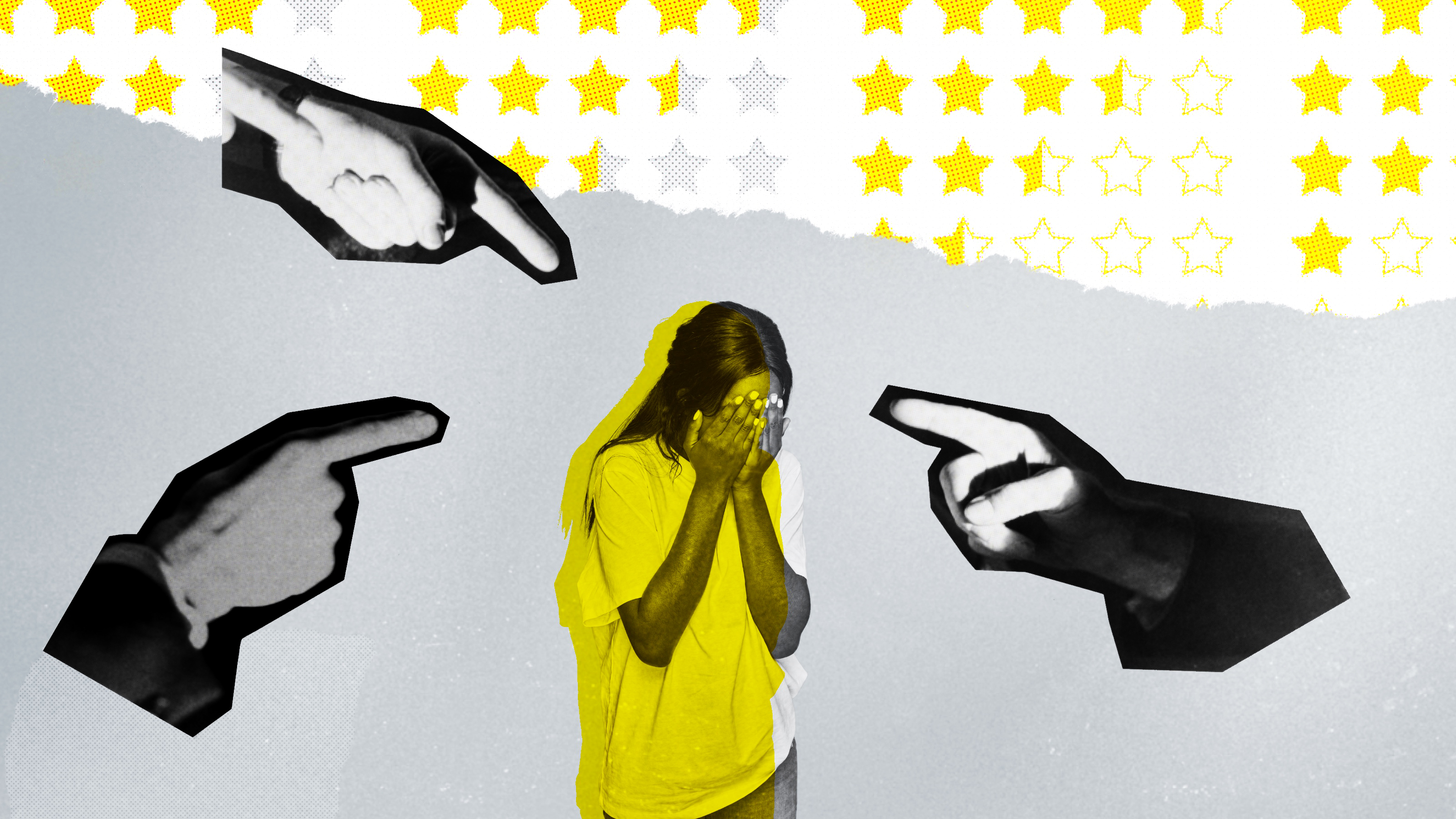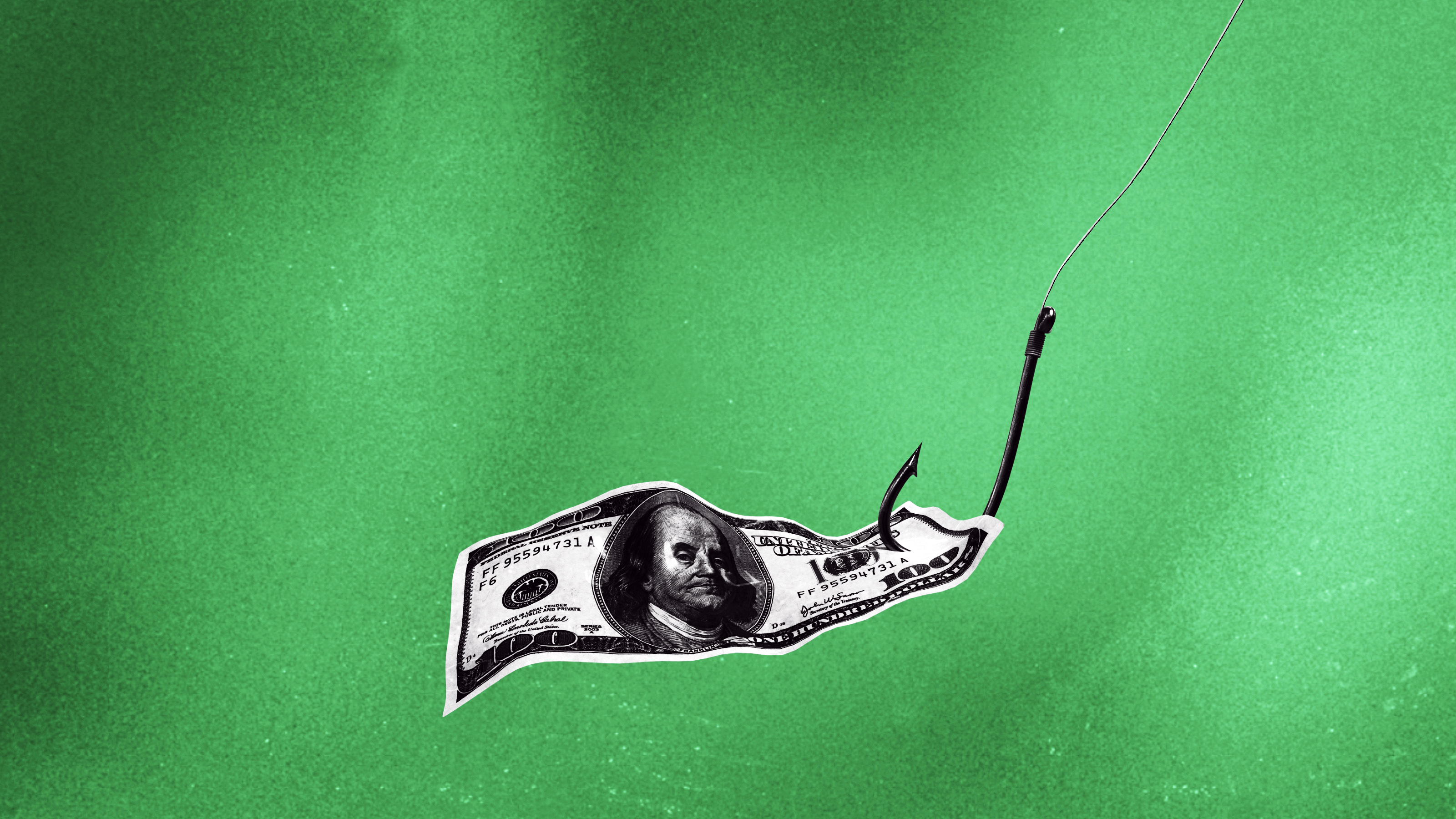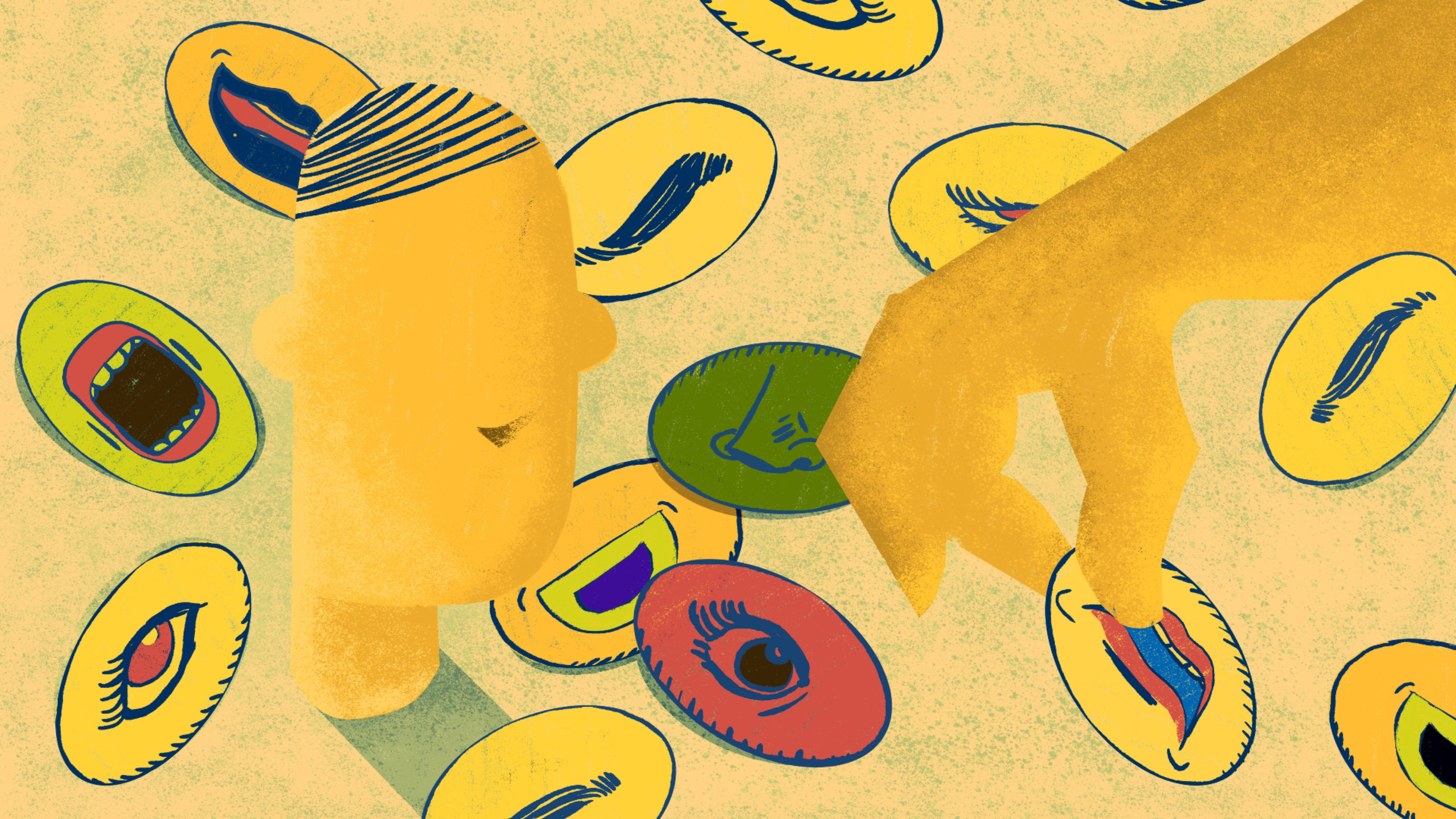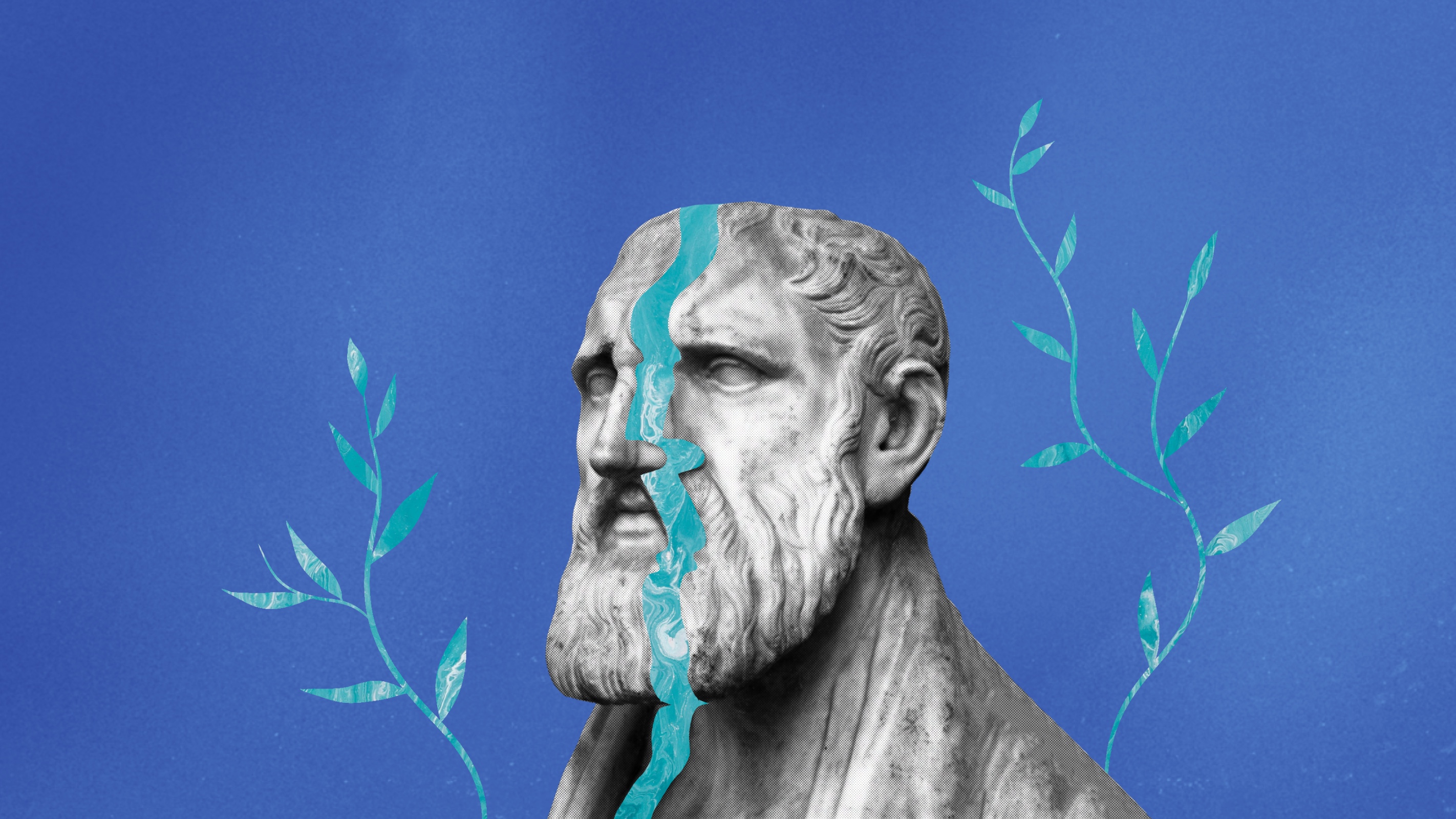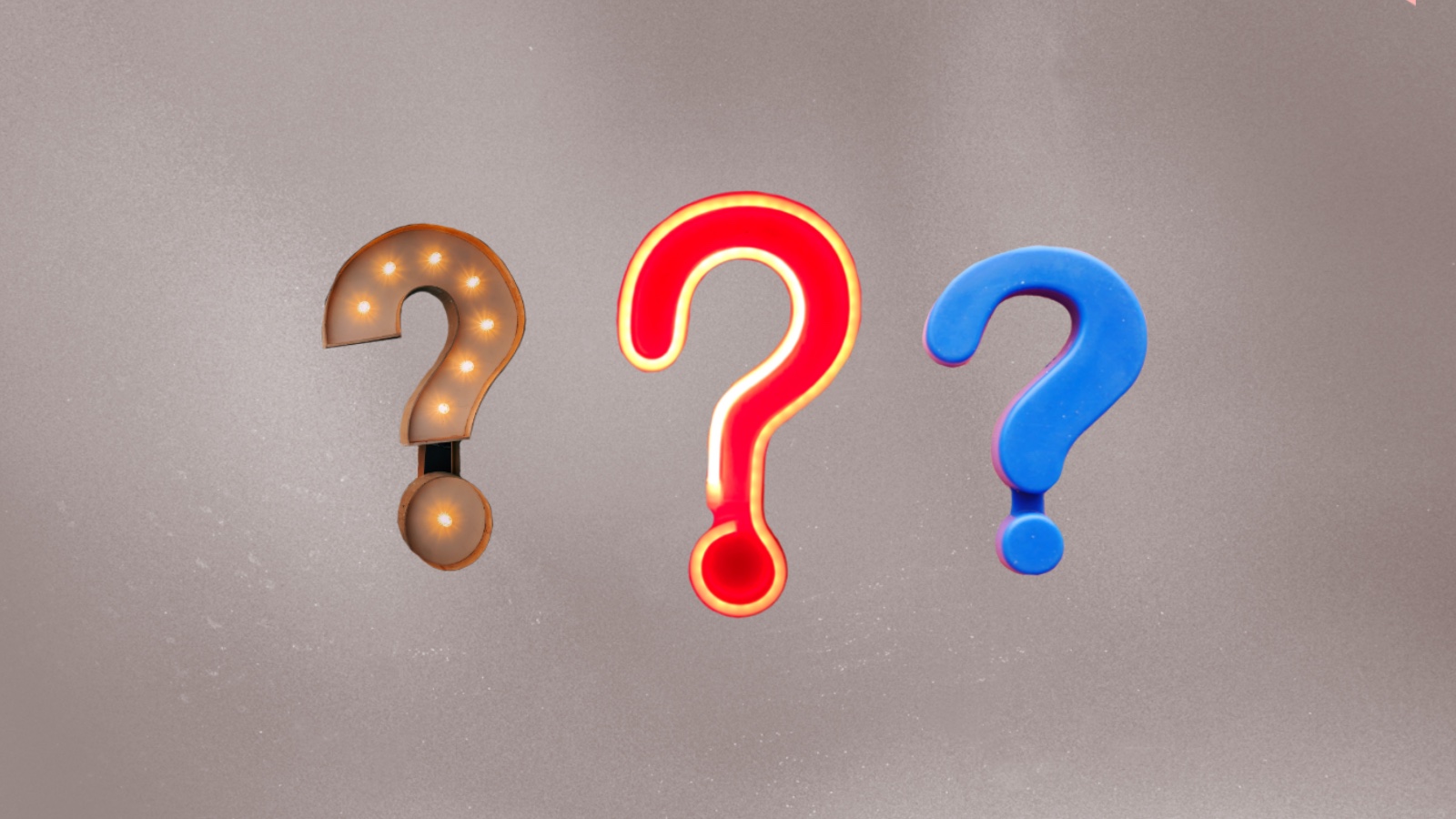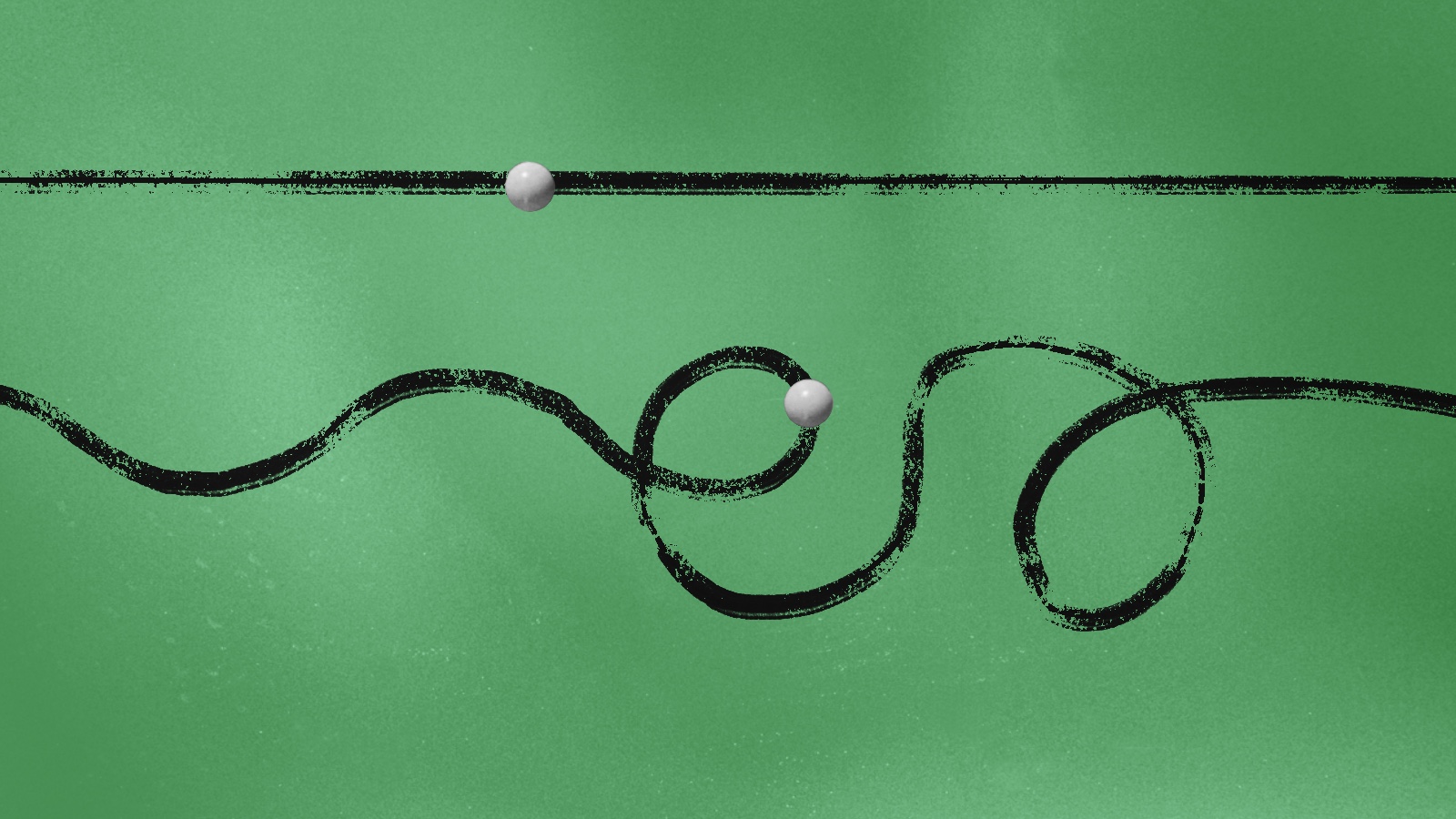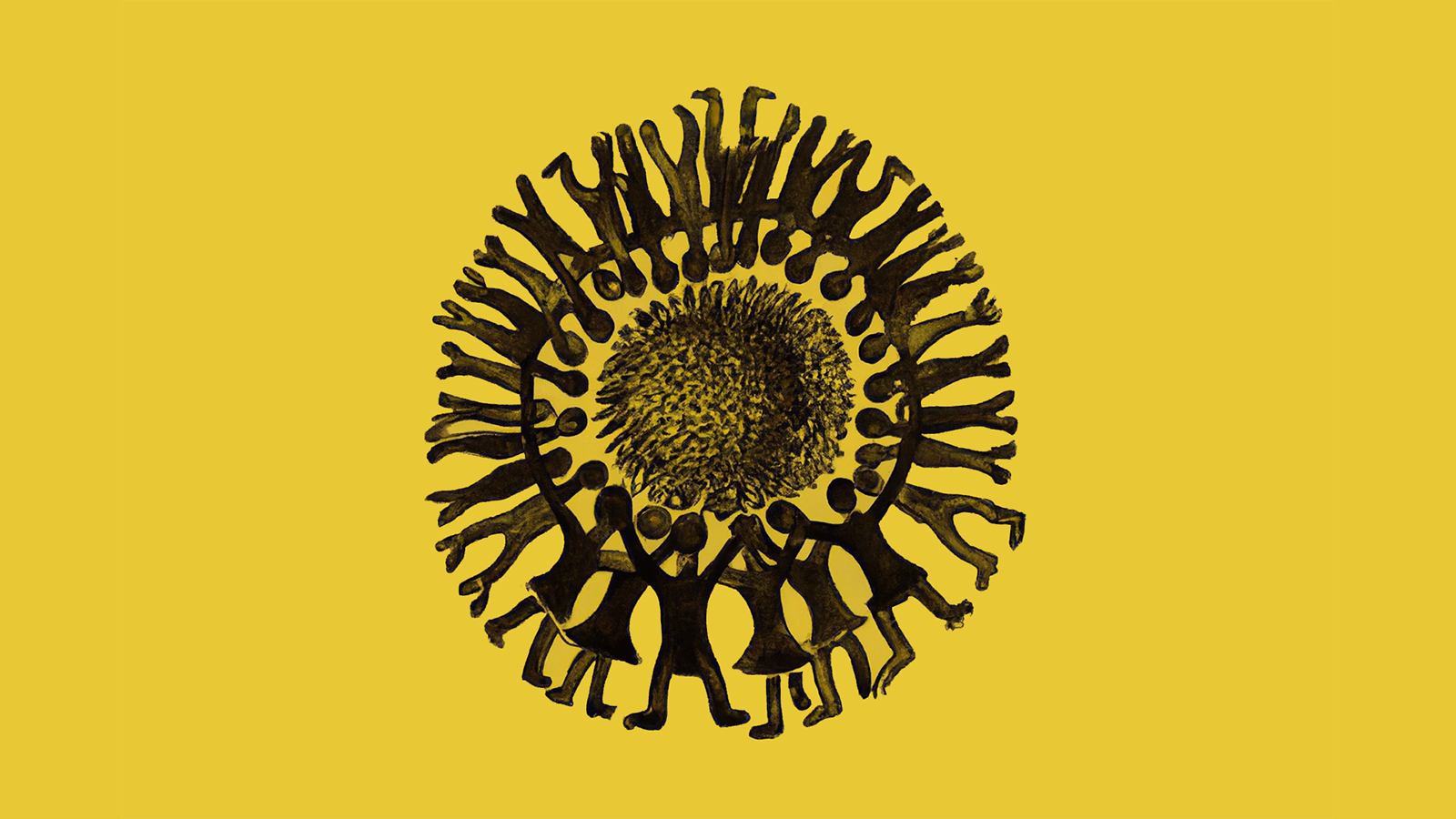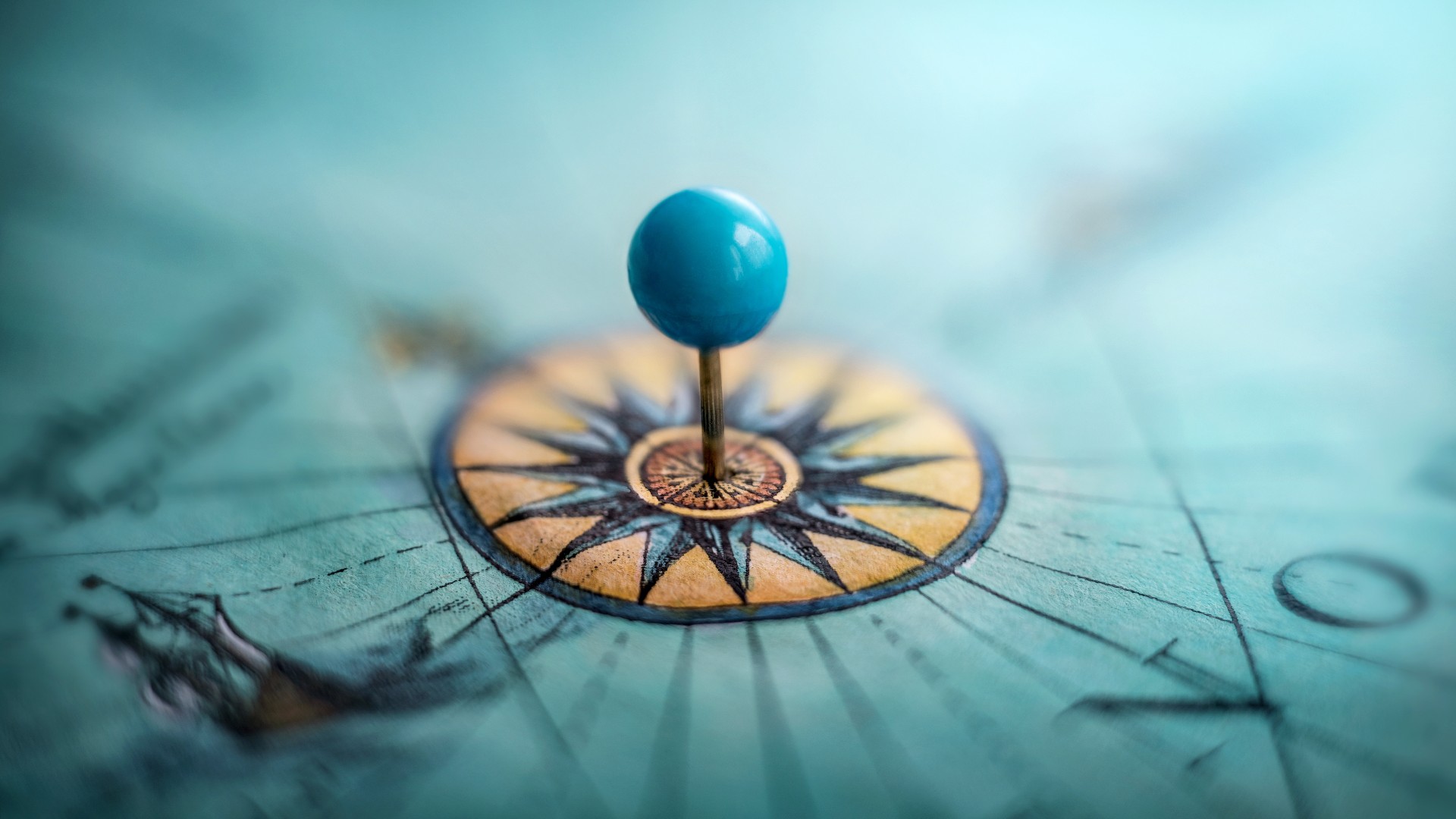Kevin Dickinson
Kevin Dickinson is a staff writer and columnist at Big Think. His writing focuses on the intersection between education, psychology, business, and science. He holds a master’s in English and writing, and his articles have appeared in Agenda, RealClearScience, and the Washington Post. Follow him on LinkedIn and Twitter @KevinRDickinson.

Like sneaking veggies into dessert, these board games teach STEM, strategy, and executive functions through the joys of play.
Though Sun Tzu’s “The Art of War” is a classic military treatise, its advice applies to all manner of conflict.
Research suggests parenthood helps couples tune into each other’s minds and emotional states.
There are three barriers we need to overcome to have better, more productive arguments.
Awe-inspiring moments can be found in our daily lives, and they have surprising benefits for our health and sense of well-being.
Beer’s flavor begins to change as soon as it is packaged. Are cans or bottles better at preserving flavor?
Arguments don’t have to be about winning or losing; they can help us build trust despite disagreeing.
High-conflict people are found in all walks of life. Learning how to identify them, and what to do next, can save you much emotional turmoil.
As Abraham Lincoln famously said, “If you want to test a man’s character, give him power and a plate of cookies.” (Something like that.)
When it comes to handling our emotions, we can’t afford to be none the WISER.
Did fire change the development of the human brain?
“The Tao of the wise is to work without effort.”
This is your brain on work.
An innovation’s value is found between the technophile’s promises and the Luddite’s doomsday scenarios.
Research shows that spending more time on social media is associated with body image issues in boys and young men.
A thesaurus isn’t to find big and fancy words, but a resource to help you find your rhythm.
Everyone loves a good underdog story, but the lessons we derive from them depend on how they’re told.
Success is about give and take — with a little more give.
The golden rule of self-compassion: Treat yourself with the same kindness you treat others.
To do more, it sometimes pays to do nothing at all.
Fear of being scammed can lead us to make decisions that go against our values and goals — both as individuals and as a society.
Research suggests that emotional intelligence is more vital for success than IQ.
“We suffer more often in the imagination than in reality.”
The right questions are those sparked from the joy of discovery.
It is estimated that as many as 488 million people worldwide were exposed to dangerously long working hours in 2016.
The best-laid plans of mice and everyone else.
Harvard psychiatrist Robert Waldinger discusses how 80 years of ongoing research show relationships to be vital for health and happiness.
You don’t have to “feel the burn” to see improvements to your health and well-being.
There is no sure-fire formula for success, but you can be better prepared to create your own.

